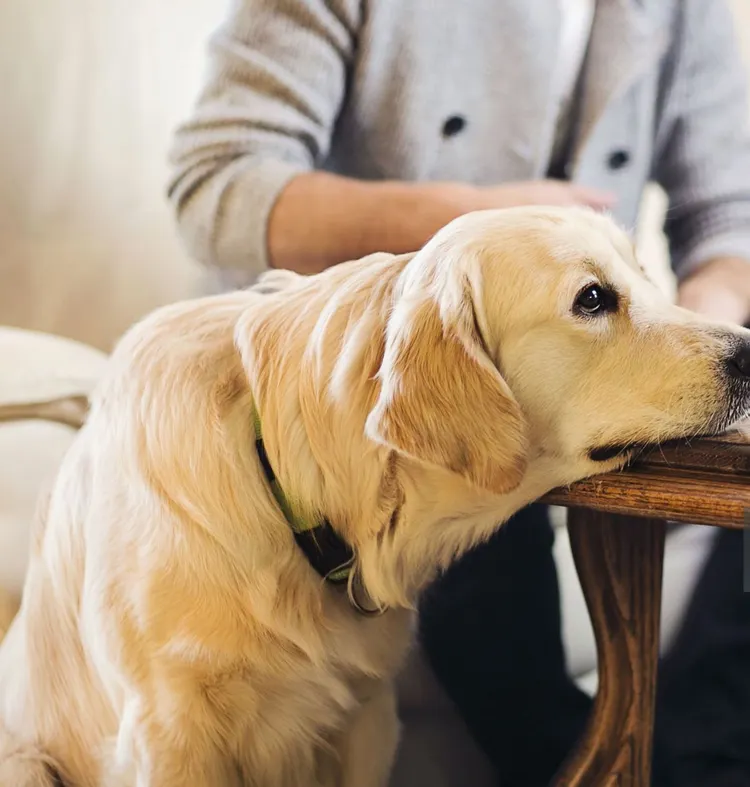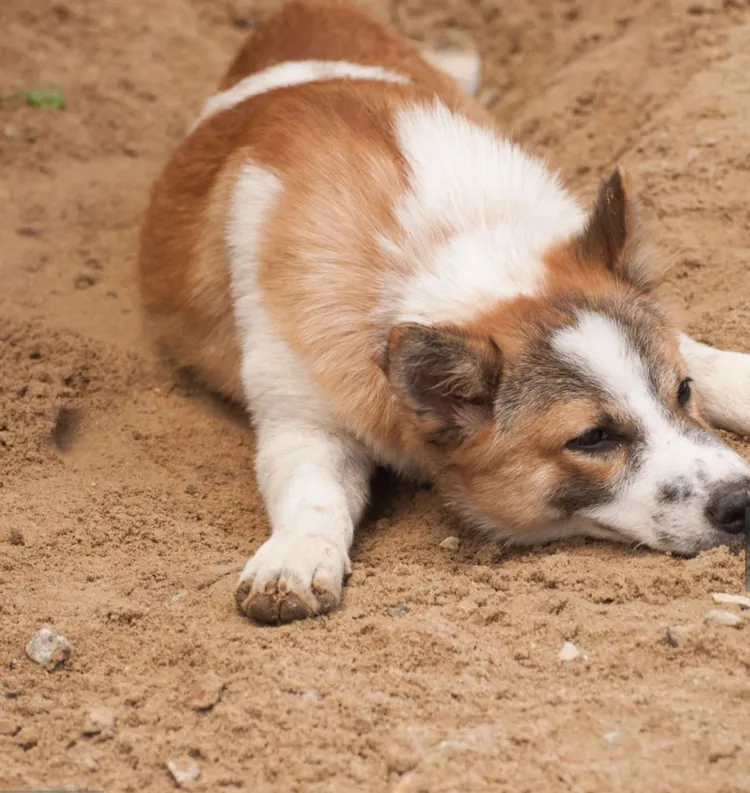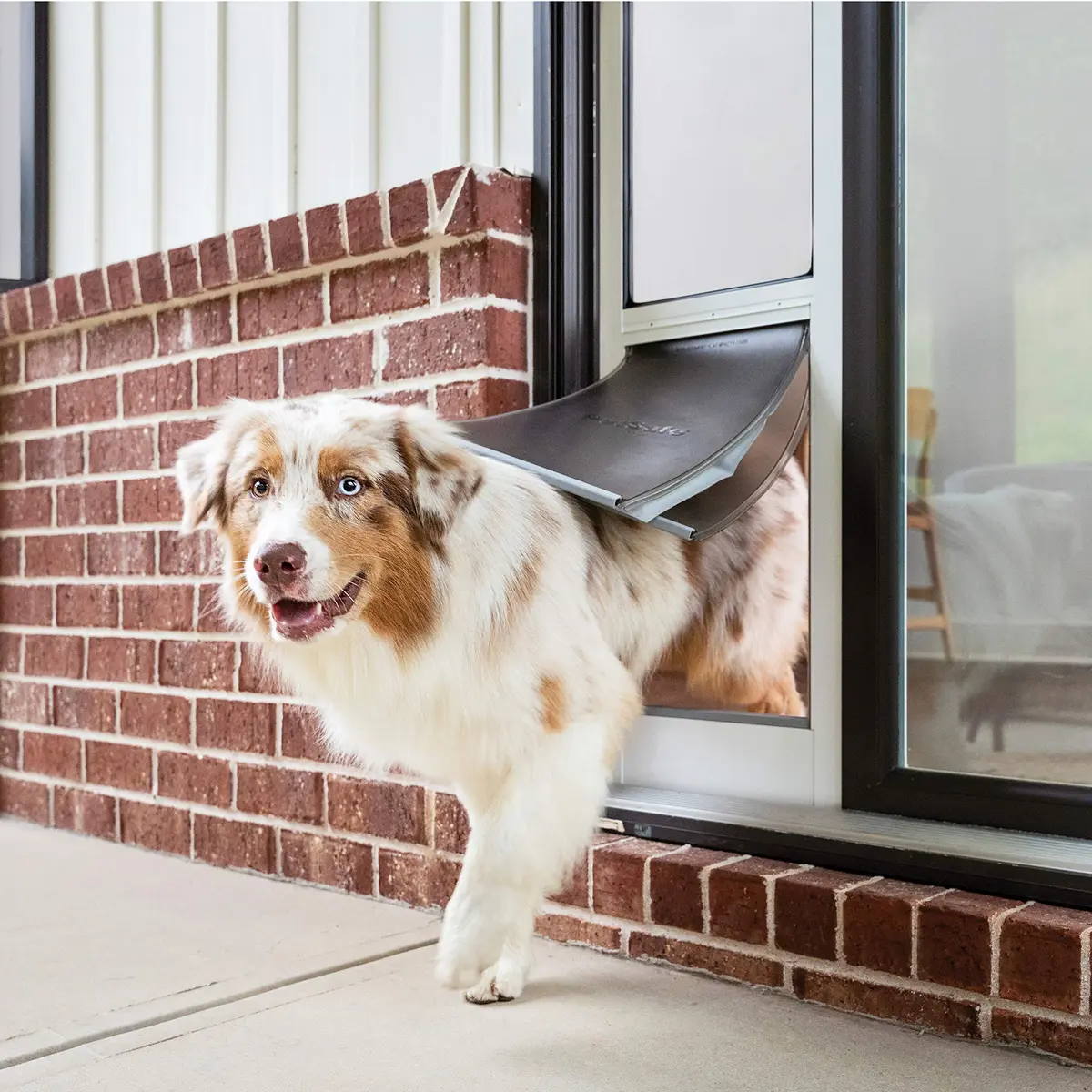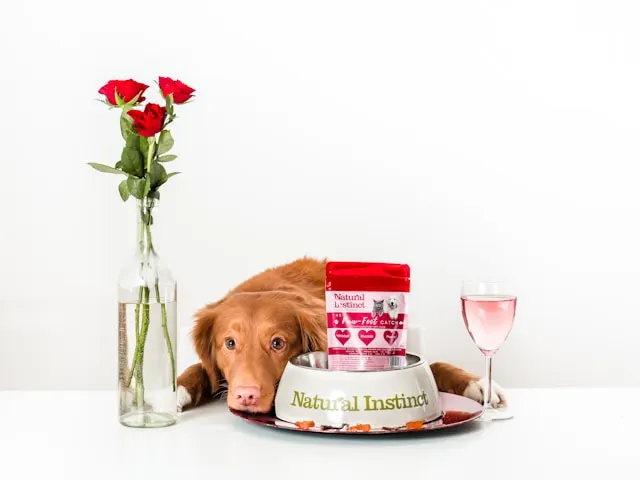If you’ve ever caught your senior dog snacking on dirt, you might have been bewildered and a little concerned. While the sight of your furry companion indulging in what seems like an odd and dirty delicacy is definitely strange, it’s more common than you think. Many dogs, especially older ones, may develop this peculiar habit, and there are several reasons why they might do so.
Let’s dive into five key reasons why your dog might be eating dirt and, most importantly, what you can do about it. We’ll cover everything from dietary deficiencies to boredom, and even some potential health concerns. After all, when it comes to our pets, knowledge is power!
1. It Smells or Tastes Good (Believe It or Not!)
It might sound silly, but sometimes, dirt just smells or tastes good to dogs. With a sense of smell up to 100,000 times more sensitive than ours, dogs can detect aromas that we can’t even begin to imagine. To us, dirt may seem uninteresting, but to a dog, it could contain all kinds of tantalizing scents—decomposing organic matter, traces of other animals, or even leftover food scraps.
In fact, dogs may find certain minerals or organic materials in the dirt that appeal to their senses. This could be especially true in places where the soil is rich in minerals or has been exposed to fertilizers, which can give off enticing smells (though it’s best to avoid letting your dog eat fertilized dirt!).
2. Dietary Deficiencies: Is Your Dog Missing Key Nutrients?
One of the most common reasons dogs turn to dirt is because they’re lacking essential nutrients in their diet. This is particularly true for dogs that are fed primarily dry kibble, which—while convenient—might not always provide a perfectly balanced diet.
Dirt can contain minerals like iron, calcium, or magnesium, which your dog might instinctively seek out if they’re not getting enough from their food. For example, dogs with anemia might eat dirt as a way to boost their iron levels. Similarly, if a dog’s diet is low in fiber, they might turn to dirt for roughage.
What You Can Do:
Improve Their Diet:
- If you suspect that your dog’s dirt-eating habit is due to nutritional deficiencies, consider switching to a higher-quality dog food or incorporating fresh, whole foods into their diet. Home-cooked meals, raw food diets, or even some commercially available fresh food brands can help ensure your dog is getting all the nutrients they need. Avoid feeding exclusively dry kibble if possible.
Consult Your Vet:
- It’s always a good idea to have a chat with your vet if you think your dog’s diet isn’t providing the necessary nutrients. They can recommend dietary supplements or tests to determine what might be missing.
3. Boredom or Stress: An Emotional Response

Just like people, dogs can get bored or stressed, and sometimes this can lead to odd behaviors like dirt-eating. If your dog is left alone for long periods, they might start eating dirt as a way to pass the time or cope with anxiety. Similarly, dogs with pent-up energy may engage in behaviors like digging or dirt-eating because they don’t know how else to burn off that extra steam.
Imagine you’ve been inside all day with nothing to do—eating dirt might start to seem like a fun distraction (though we wouldn’t recommend it for humans!).
What You Can Do:
Increase Exercise and Playtime:
Make sure your dog is getting enough physical and mental stimulation throughout the day. This can include more frequent walks, interactive toys, or puzzle feeders. Dogs need mental challenges, especially as they age, so keeping them entertained can reduce the likelihood of dirt-eating.
Address Anxiety:
If your dog is dealing with anxiety, there are natural remedies like CBD oil, calming treats, or anxiety wraps that may help. You can also try to reduce the stress in their environment by creating a calm and consistent routine.
4. Upset Stomach: Seeking Relief?
Another reason your dog might be eating dirt is to soothe an upset stomach. Dirt, in a dog’s mind, may act like a natural fiber to help “move things along” in the digestive system. Similar to how dogs eat grass when they’re feeling nauseous, some dogs might opt for dirt as an alternative when grass isn’t available.
While this behavior might not make complete sense from a human perspective, dogs have their own instincts when it comes to their digestive health.
What You Can Do:
Monitor Their Diet:
Pay attention to what your dog eats. If they’re frequently indulging in non-food items like dirt, they may be dealing with gastrointestinal issues. It might be worth switching to a diet that includes more fiber or easily digestible ingredients.
Consult a Vet:
If your dog’s dirt-eating coincides with vomiting, diarrhea, or other signs of gastrointestinal discomfort, it’s time for a vet visit. Your dog might have underlying digestive issues that need to be addressed.
5. Underlying Health Conditions: Could It Be Something Serious?

In some cases, dirt-eating can be a sign of an underlying health problem, particularly in older dogs. Conditions such as anemia, gastrointestinal disorders like inflammatory bowel disease (IBD), or even liver disease can cause dogs to seek out non-food items like dirt. These diseases can lead to nutrient imbalances, prompting your dog to instinctively look for supplements in the environment—hence the dirt obsession.
Parasites, like roundworms or tapeworms, can also cause nutrient deficiencies that may lead to behaviors like eating dirt.
What You Can Do:
Visit the Vet:
If your dog’s dirt-eating is persistent and they’re showing other signs of illness—like lethargy, weight loss, or changes in appetite—it’s important to have a full veterinary checkup. Blood tests can help rule out conditions like anemia or liver disease, and your vet may also recommend deworming your dog to eliminate parasites.
Final Thoughts: What You Should Do If Your Dog Is Eating Dirt
If your dog occasionally indulges in a bit of dirt, there’s probably no need to panic. However, persistent dirt-eating can indicate an underlying issue, whether it’s dietary, emotional, or medical.
To help your dog kick the habit, consider these steps:
- Evaluate Their Diet: Ensure your dog is eating a well-balanced, nutritious diet that meets their specific needs, especially if they are older or have special health concerns.
- Provide Mental Stimulation: Keep your dog engaged with regular exercise, interactive toys, and plenty of playtime to combat boredom or anxiety.
- Consult Your Vet: If the dirt-eating persists or your dog is showing signs of illness, a visit to the vet is the best course of action. Blood tests, parasite screenings, and a thorough examination can help identify any underlying health issues.
In the end, while eating dirt might seem like an odd and somewhat amusing quirk, it’s important to look out for your dog’s well-being and address the root cause of the behavior. And remember, a happy, healthy dog is much less likely to go searching for snacks in the soil!
Before you go, let’s be honest—if your dog’s eating dirt, who knows what’s next on the menu? Stay one step ahead of your furry friend’s quirks by signing up for our newsletter! It’s full of tips, tricks, and the occasional funny dog story (because we’ve all been there). You won’t regret it… and neither will your dog’s stomach! 😄



